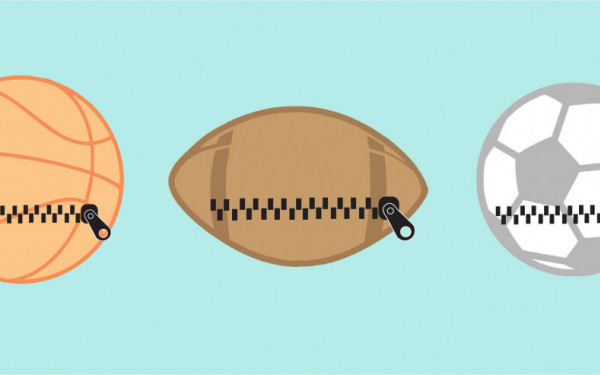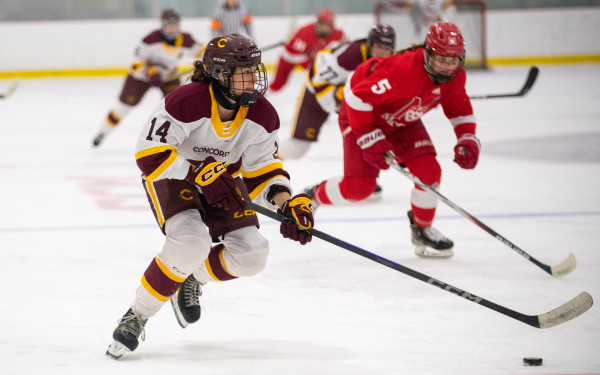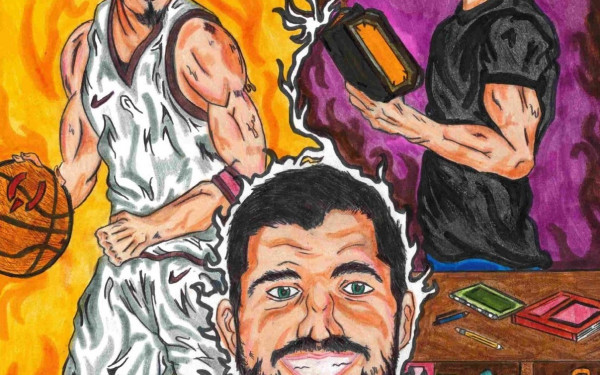Shut Up and Dribble: Mike Babcock’s Immoral Second Chance
Babcock, Bullying and Toxic Hockey Culture
We can all agree that bullying and verbal abuse don’t belong in sports. That is unless you ask the Columbus Blue Jackets organization and the NHL.
On June 3, news broke of the Ohio-based NHL franchise’s intention to hire Mike Babcock as its new head coach. With Babcock, the Blue Jackets receive a revered bench boss whose accolades and resume are prolific enough on paper to guarantee a step in the right direction. But these same accomplishments overshadow Babcock’s problematic past.
During the 2016-17 NHL season, a then 19-year-old rookie Mitch Marner was asked by Babcock to create a list ranking his teammates’ work ethic. Given his nascency and naivety, Marner obliged, only for his coach to reveal the list to other players on the team.
This stunt—a tenured coach making decisions that can change the entire fate of an athlete’s career (ice time, reputation by word of mouth, etc.)—was an unbelievably dangerous abuse of power. Babcock knowingly put a rookie looking to establish himself on a reputable NHL franchise in a position where he must comply at the expense of his teammates.
The Marner situation would later be exposed as the tip of the bullying iceberg. Following his firing from the Toronto Maple Leafs in 2019, two former hockey players spoke out about Babcock’s history of verbal abuse during his time with the Detroit Red Wings. One of the two players, Hall of Famer Chris Chelios, recalled Babcock verbally abusing Swedish winger Johan Franzen. The abuse was frequent and made Franzen afraid to go to the rink. Franzen spoke openly with the Swedish newspaper Expressen about his time under Babcock, admitting to being diagnosed with post-traumatic stress disorder in 2018.
Babcock’s antics exemplify the ongoing, longtime problem with bullying and harassment in hockey culture. It is showcased from the minor and youth level hockey programs where coaches, parents and even fellow teammates berate and chastise kids for minor imperfections such as weight, appearance, or level of talent, to the extensive existence of hazing within collegiate sports, to the professional level with situations such as Babcock’s.
There are many contributing factors that aid in the survival and rampant nature of bullying in hockey. Some governing bodies have complicated bureaucratic systems that pinball around instances of bullying between the numerous levels of league affiliation, as well as compliance from members participating in said organizations defending or not speaking up against these instances when they arise.
The bureaucratic shenanigans and complexity are typically seen when investigations occur following accusations. This can be seen in large bodies such as Hockey Canada. Despite the Canadian Junior Hockey League having three major leagues that make up the league–those being the Western Hockey League, Ontario Hockey League and the Quebec Major Junior Hockey League–none of them fall under the direct purview of Hockey Canada. However, they are partners of Hockey Canada and even feature certain teams whose provincial governing bodies do fall under the Hockey Canada umbrella.
Furthermore, the board that conducts the investigations may have no true knowledge, or worse, is not willing to report proper findings to protect those accused because of deep-rooted relationships with those involved. Mike Babcock benefits from these relationships.
The restraint shown by bystanders and members involved around coaches like Babcock is protecting problematic characters in the world of hockey. When Blue Jackets defenceman Zach Werenski was asked about Babcock becoming the next bench boss, he gave a public relations answer, telling The Athletic, “myself and the other players trust [General Manager] Jarmo [Kekäläinen] completely to make the right decision, and, at the end of the day, we all want to win hockey games.”
Mitch Marner himself downplayed the stunt Babcock pulled when he told TSN in a 2019 interview, “[What happened with Babcock], that was my first year, I didn't really know what to think of it,” Marner said. “But it's all over with now, there's really nothing I can say. I'm looking forward to the future and the new change and seeing how I can help this team win with [newly-appointed head coach] Sheldon [Keefe].”
The fact that Mike Babcock’s past actions have not become an obstacle for him to collect a paycheque and continue to coach at the highest level of hockey in North America is sickening. His original contract with the Leafs will end this month, and following the expiration, Babcock will pen a new contract with Columbus. It is not fair that proven bullies inside hockey continue to obtain employment when there are experienced, hardworking coaches who deserve a chance. The traditional coaching ideologies that Babcock totes will not work. The Blue Jackets’ history of employing problematic, verbally assaulting coaches like Babcock and the explosive John Tortorella shows that many hockey organizations maintain conservative beliefs.
For hockey to truly become a progressive and inclusive space for all, more organizations need to consider the past of their employees and consider whether or not individuals who defend old-school tactics over modern-day methods of mental health awareness have more to lend to the game. With an ever-evolving political landscape that calls for equality, hockey is once again lagging behind.







